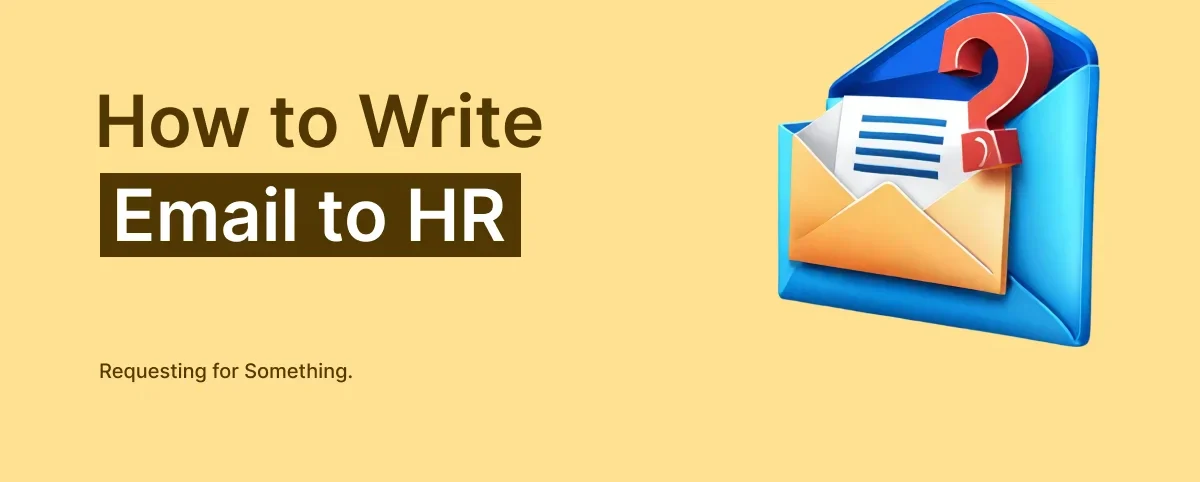In today’s job market, emailing HR is a critical skill for professionals seeking employment, addressing workplace issues, or inquiring about benefits. HR professionals receive hundreds of emails daily, so clarity, professionalism, and conciseness are key. This article explores how to compose effective emails to HR, ensuring your message stands out and achieves its intended purpose.
The essential structure of an HR email
A successful email to HR begins with a clear structure that guides the reader through your message. Start with a professional subject line, such as “Inquiry Regarding Job Application for [Position]” to provide immediate context. The opening should include a polite greeting, like “Dear [HR Manager’s Name]” or “Dear HR Team,” followed by a brief introduction stating your purpose. For instance, if you’re applying for a job, mention the position and how you found it.
When emailing HR, adhering to best practices can elevate your communication. Always personalize your email by researching the recipient’s name and tailoring content to the company—generic messages often get ignored. Maintain a professional tone, free of slang or emojis, and proofread for grammar and spelling errors, which can undermine credibility. Be honest and concise; HR values transparency, so avoid exaggerating qualifications or omitting details.
Common mistakes include being overly casual, such as using abbreviations or casual closings, or failing to attach required documents. Another pitfall is ignoring company-specific guidelines, like preferred email formats listed on their website. By focusing on relevance and respect, you build trust and demonstrate professionalism, which can differentiate you in a competitive field.

Tips for specific scenarios and enhancing effectiveness
Tailoring your email to the scenario is crucial for success. For job applications, highlight relevant skills and express enthusiasm, for example, “I am excited about the opportunity at [Company] due to my experience in [relevant field].” Inquiries about benefits might involve polite questions like, “Could you provide details on your remote work policy?” For complaints, such as harassment concerns, remain factual and request confidentiality.
To enhance effectiveness, follow up if you don’t receive a response within a week, but avoid being persistent. Emerging trends, like incorporating AI tools for drafting, can help refine your emails, but always personalize AI-generated content. As remote work grows, emails to HR will continue evolving, emphasizing digital etiquette and brevity.
